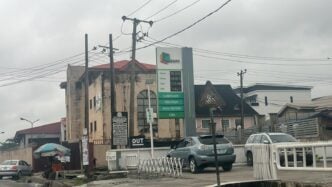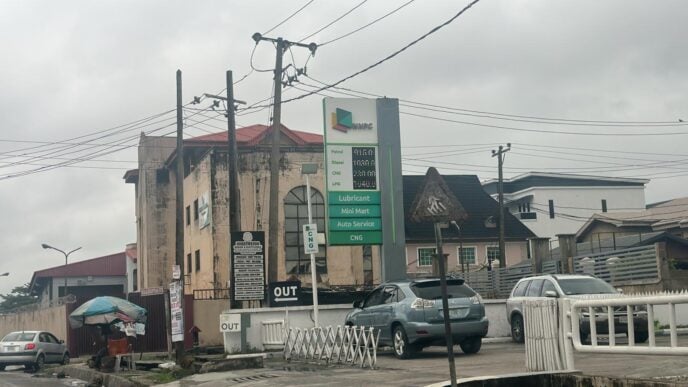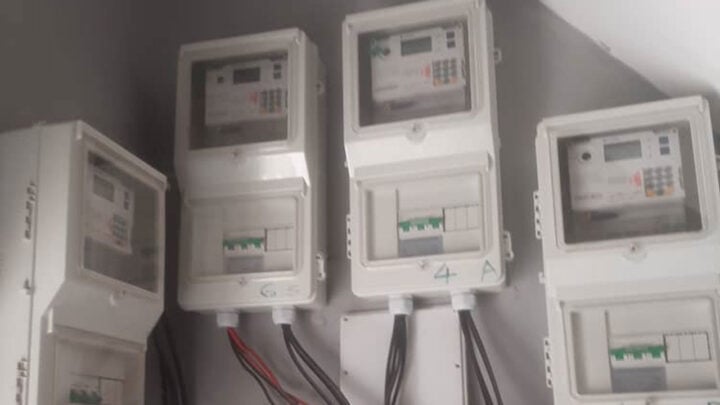The Nigerian Economic Summit Group (NESG) says the country’s economic growth rate slowed down in July.
In the latest NESG-Stanbic IBTC Business Confidence Monitor for July 2025, the group linked the decline to high interest rates and insecurity, which took a toll on businesses.
According to the report, the manufacturing sector led the business slowdown, recording the steepest decline.
“At the start of the third quarter of 2025, businesses in Nigeria sustained a positive performance, with the index remaining in the expansion region for the seventh consecutive month,” the report reads.
Advertisement
“… the Current Business Index slightly declined to 105.4 points in July, down from 113.6 points in June 2025.
“This slowdown in business performance is attributed to several headwinds, including constrained access to finance due to high interest rates, insecurity, and insufficient power supply. These factors weakened operational stability and business profitability.
“A sectoral analysis revealed a general deceleration across various sectors and broader economic activities. The steepest decline was recorded in Manufacturing, which slipped into the contraction region at 98.0 index points.
Advertisement
“Meanwhile, Non-manufacturing (112.6), Agriculture (107.0), Trade (103.2), and Services (101.9) also saw a slowdown in activity compared to June 2025
The report said despite the overall positive business sentiment, structural challenges hindering growth were more pronounced at the sectoral level.
“Key sub-indices of the BCM—export, supply order, prices, and employment—posted lower values relative to June 2025,” the report said.
“In contrast, the cost of doing business slightly reversed the upward trend in July, as reflected in input prices during the period. In addition, input prices surged during the period.
Advertisement
“Businesses highlighted major constraints, including limited access to financing, unreliable electricity supply, inconsistent economic policies, high commercial lease and rental costs, and insecurity.
“These persistent issues continue to challenge business resilience and limit the potential for sustained growth in Nigeria’s business environment.”
‘TRADE STOCKPILING DECLINED BY 44%’
Commenting on the business conditions, Stanbic IBTC said most of the 14 pillars also showed a month-on-month weakness, with trade stockpiling, general business situation, production, demand condition and financial results declining by a minimum of 18 percent.
The bank said trade stockpiling showed the highest contraction, declining by 44 percent after a 31 percent expansion in June.
Advertisement
‘PRICE PRESSURE A CHALLENGE FOR BUSINESSES’
“The manufacturing sector slipped into the contraction region at 98 points and has been in expansion territory since February 2025, when it expanded to 110.3 from 99.3 in January 2025,” the bank was quoted as saying.
“Prior to February 2025, the manufacturing index had been in contraction through 2024 when the survey started.”
Advertisement
Stanbic IBTC said price pressures remain a challenge for businesses according to the survey, as prices increased to 93 points from 70.7, while the cost of doing business remains elevated at 123.2 points — albeit a decline from 142.8 in June.
“From a macroeconomic standpoint, we still see inflation below 20.0% by October and at 17.0% y/y to 17.9% y/y by November.”
Advertisement
The bank added that inflationary pressures are expected to intensify in July and August due to seasonal factors, including flooding in the south and the lean season in the north, which typically drives food prices higher.
Advertisement










